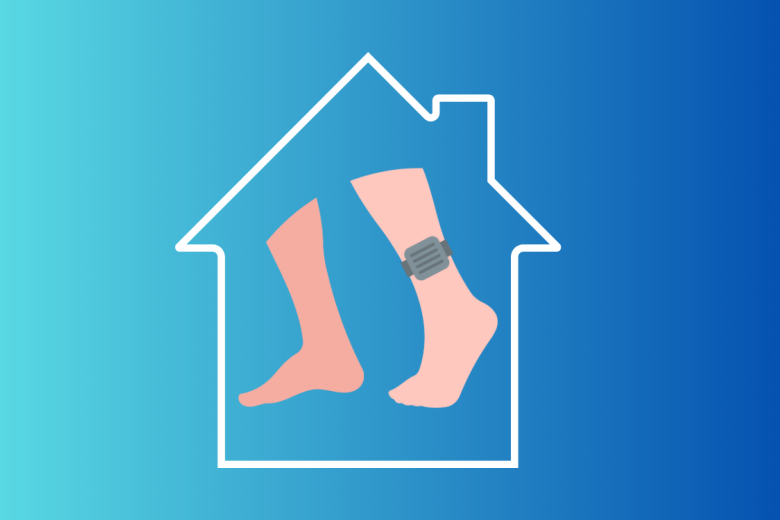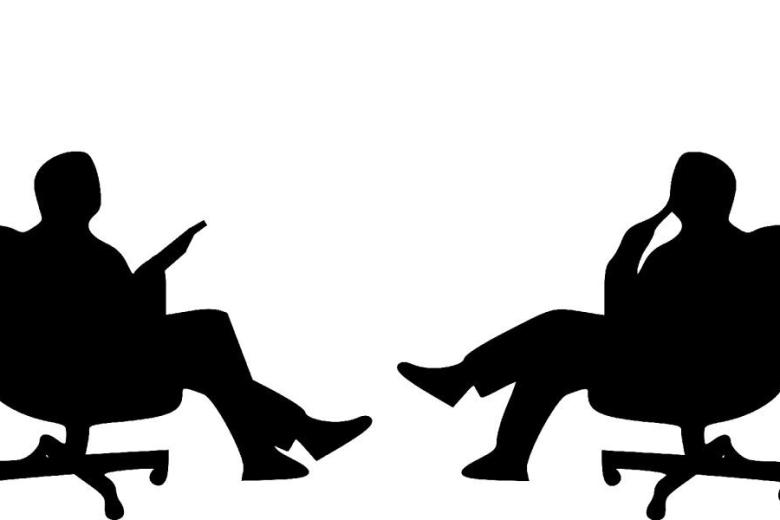Law & Tech Lab aims accessible legal advice for everyone with AI
In the light of World Day of Social Justice, which is celebrated every year on the 20th of February, we want to share the expertise and research about this broad topic within the Faculty of Law. A team of researchers at the Law and Tech Lab is exploring an AI-assisted solution that makes legal assistance more accessible to everyone. Think of difficult contracts with legal language, explained in plain language or summarized for easy understanding. The exploration of this tool comes with a few challenges, but the benefits are promising. Researcher Antoine Louis is excited to share more insights on his teams’ journey.
Help in legal disputes
In the twists and turns of life, it's not uncommon for people to find themselves caught up in legal disputes. “Whether it's a disagreement over marital issues, debts, or job-related problems, the reality is that most of us aren't well-versed in our legal rights or how to navigate the complex world of legal processes,” Antoine starts to tell. “As a result, many end up feeling stuck, unsure of what steps to take next. Some might not take any action, while others turn to the internet in search of guidance. Unfortunately, this online quest for answers often leads to websites more interested in promoting their services than offering the clear, helpful advice people are searching for.”
Only a fraction of individuals finds the internet useful for resolving their legal problems. This leaves a vast number of people, especially those who can't afford professional legal help, in a vulnerable position. Antoine: “The imbalance this creates is more than just a personal issue; it's a global crisis that affects billions worldwide, denying them the protection and justice the law is supposed to guarantee.”
Legal advice within hand reach
But what if there was a way to make legal assistance more accessible to everyone? Thanks to the latest advancements in AI, particularly in the field of natural language processing (NLP), there are new opportunities for bridging the gap between the public and the legal assistance they desperately need. Imagine being able to find relevant legal judgments yourself, or having complex legal documents summarized for easy understanding. Or think about the potential of automated tools that could review contracts for you, highlighting the important parts and explaining them in plain language. Even more promising is the development of systems that can answer legal questions with the expertise of a professional, making high-quality legal advice available to all. That’s where Antoine and his team at the Law and Tech Lab jump in with their research.
“At the Maastricht Law and Tech Lab, we explored a recent AI-assisted solution that first finds relevant legal articles based on your specific question and then reads through them to provide a detailed, easy-to-understand response. But to truly match the expertise of legal professionals, we need high-quality data to train these systems. This is where the challenge lies, as creating a dataset that accurately reflects the real questions people have and the expert answers they require is no small feat,” Antoine explains.
Enter the Long-form Legal Question Answering (LLeQA) dataset. This innovative resource features over 1,800 legal questions, each linked to relevant articles from a vast corpus of law. What makes LLeQA stand out is not just the breadth of its content but the depth, offering detailed insights into the legal issues at hand, the jurisdictions involved, and precise references to the laws in question, all accompanied by answers crafted by experienced legal professionals.
The journey continues
Antoine says the tests with these systems show promising results on the introduced dataset, indicating that they can provide answers that align well with expert responses. “However, a closer look reveals that while these answers may seem correct on the surface, they often contain inaccuracies. This highlights a crucial point: while technology can significantly aid in making legal information more accessible, there's still much work to be done to ensure the advice provided is both accurate and reliable.”
The journey toward making legal help accessible to everyone is filled with challenges, but the potential benefits are enormous. By leveraging technology, we can begin to dismantle the barriers that prevent so many from accessing the justice they deserve, paving the way for a future where legal assistance is not a privilege for the few but a right for all.
About Law & Tech Lab
The Law & Tech Lab conducts research on various topics such as digital forensics, regulatory compliance, and consumer protection. They use different types of data, including legislation, case law, and social media, and employ various methods such as legal analysis, natural language processing, and machine learning.
Also read
-
Home detention: Professor Jacques Claessen experiences it himself
‘Practice what you preach’. This is the motto that led endowed professor of restorative justice and associate professor of criminal law and criminal procedure, Jacques Claessen, to voluntarily wear an electronic ankle bracelet.
-
Examining Data Protection Issues in the App Economy According to Konrad Kollnig’s Award-Winning Thesis
On January 28 th, Konrad Kollnig, assistant professor in the Law & Tech Lab of the Law Faculty, was awarded this years’ Stefano Rodotà Award. His thesis conducted a technological and legal study into mobile apps on how to improve data protection in practice.
-
